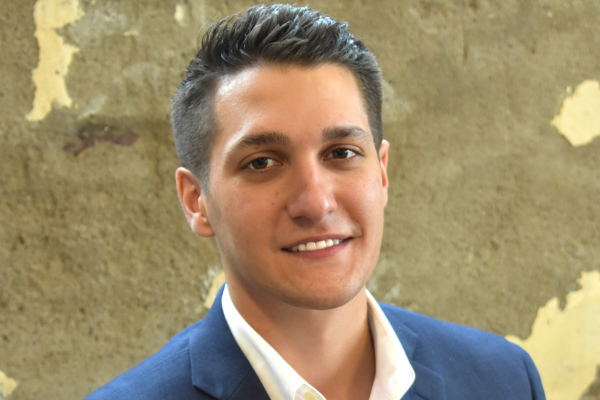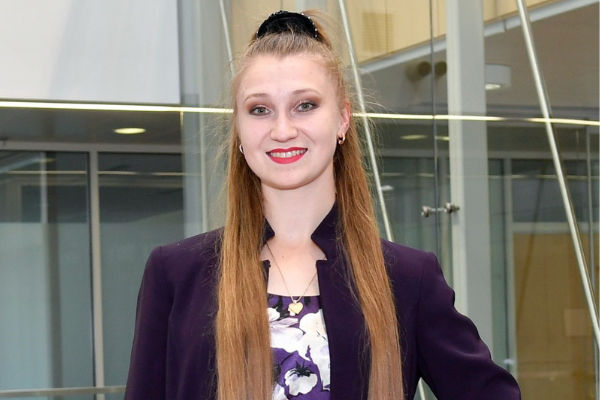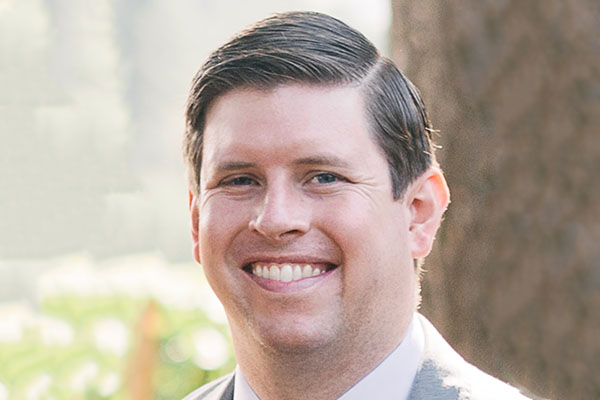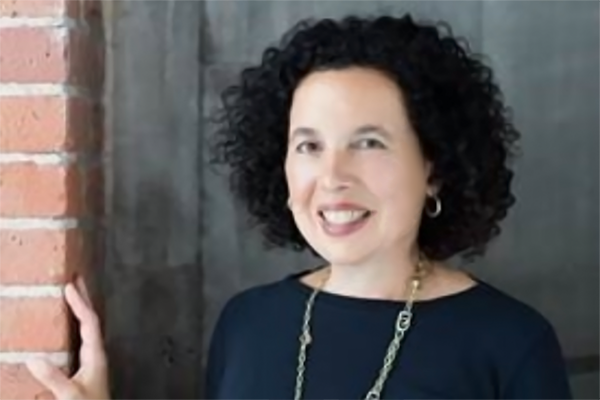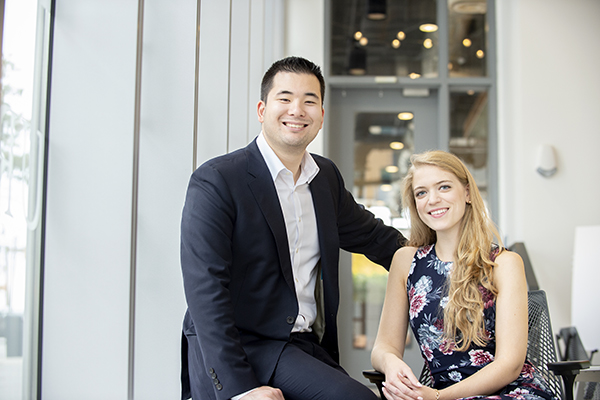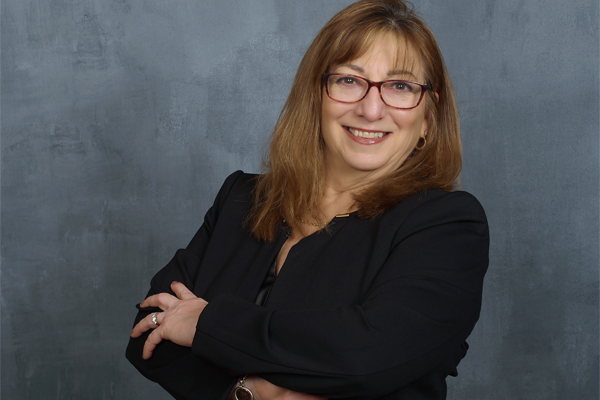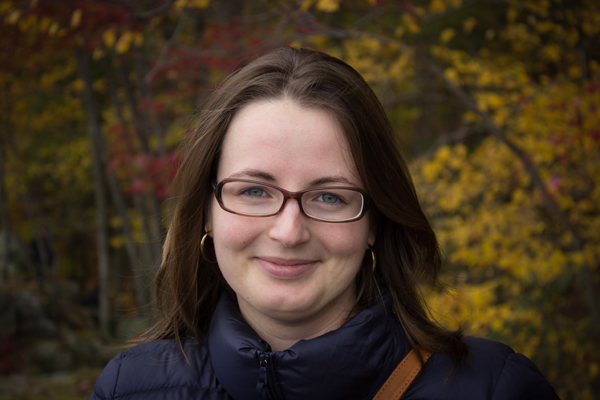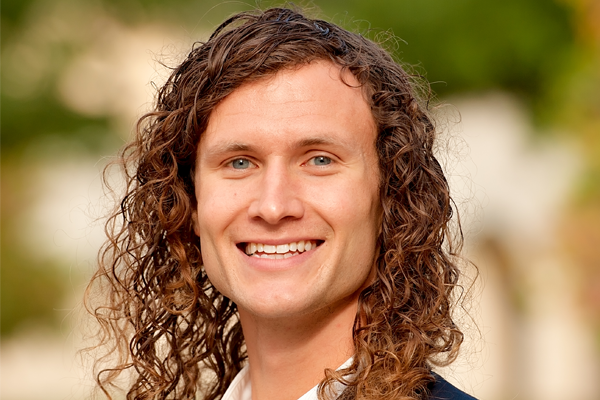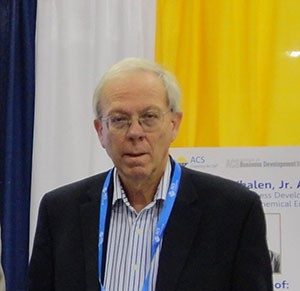
Dr. Sidney White did his undergraduate work at Louisiana State University and his graduate work at Texas Christian University, where he obtained a Ph.D. in Inorganic Chemistry. Sid worked for 7 years in the specialty chemical division of Cincinnati Milacron and over 30 years in the medical device company Essilor International, the world leader in eyewear. After retirement, Sid volunteered in the ACS at the local and national levels. In 2012 Sid co-founded the Chemical Angel Network, the only nationwide angel investing network for early-stage chemical businesses.
In a shifting economy, the Chemical Angel Network (CAN) creates jobs and eliminates barriers for chemists with new solutions
In 2012, Sid White, Founding Member of the Chemical Angel Network, sat at a meeting for the ACS Committee on Patents, where a presentation to train chemists to be entrepreneurs was being given. During a break, Sid and a fellow ACS member at the meeting came up with an idea.
“At break, Mark Vreeke and I said, ‘It’s great to get training to be an entrepreneur but what entrepreneurs really need are seed money and mentoring.’” White began, “So Mark and I said, ‘Let’s start a nationwide angel network that invests only in early--stage chemical businesses for chemists and chemical engineers.”
Their mission? To add growth to the chemical sector by providing funding and mentorship to seed early-stage chemical companies.
“We wanted to move chemical innovation out of the laboratory and into commercialization,” White explained, “I’ve been worried for years about the future of jobs for chemists. The large companies were and are laying off people, and are sending their jobs overseas we wanted to take another approach and help create jobs in the U.S., for chemists in the U.S. This is a different idea than in most organizations.”
White and his co-founder, Vreeke, immediately put together presentations and a website for the angel network. In 2012, they presented at the Fall American Chemical Society National Meeting, where they delivered their program in the ACS Small Chemical Businesses Division. The program included a brief explanation of angel investments, seed-stage startups, and what makes the Chemical Angel Network unique, followed by three presentations from companies applying to the network for funding.
What makes the CAN different? It’s the only angel network devoted exclusively to ideas from chemists and chemical engineers. Additionally, there is no cost for entrepreneurs to apply for funding, or for investors to be members.
“We started with the concept that we didn’t want a management fee for the accredited investors,” White said. “For example, in Florida, where I live, the Florida Angel Group invests in everything. They have $2,500 per year to pay if you want to be a member. In the Chemical Angel Network, there’s no cost.”
When White looks for startups to invest in, or allow entry into the network, he places the most importance on markets, patents and leadership.
“I’d say the entrepreneur is extremely important. We’ve had some entrepreneurs that had good technology that wouldn’t listen to anyone. The first funders of startups are friends, families and fools as you’ve heard, of course.” White began, “The next is the angel investor. You’re investing in the entrepreneur and you’re investing your own money and you kind of play somewhat more of a role.”
If you’re an entrepreneur seeking investment, White’s advice is to know your audience and nail your elevator pitch. When a company or entrepreneur is screened for acceptance to the CAN, they need to present at office hours – where they’re given five minutes and five slides to present their ideas to the Screening Committee.
“I listened to a lot of startups from the National Science Foundation and they’re interesting, a lot of them. For us, we’re interested in the sector but we’re also interested in seeing something that has market and customers and intellectual property. In the technology area, you’re buying a technology that’s intellectual – patents, trademarks, copyrights – this adds to the value of a company.”
The biggest challenge White sees with patents is that many are too broad and the technology has so much potential that there are too many options what to do with that technology.
White also expressed concern about the number of unmet needs he’s noticed, which is another thing that makes chemical startups and their technologies necessary for the growing economy. Two such needs that he’s recently seen tackled, which produced the CAN-funded startups he’s most proud of, are identifying viruses and bacteria and curing pancreatic cancer.
Aperiomics is a medical testing company that can identify over 37,000 known viruses and bacteria. The entrepreneur behind this start-up was featured on the Today Show a few months ago because the technology helped cure a child.
“It was amazing to see a startup we had funded on the Today Show,” White exclaimed.
Another CAN-funded startup includes PanTher Therapeutics, who are developing a treatment for pancreatic cancer coming out of MIT’s Langer Lab. White says he’ll be proud if the startup can succeed in finding a cure for pancreatic cancer. It would be significant to CAN members, especially those who personally invested in it like himself.
White is retired but works more often than most still. He said that if he had free time, he would play more golf. When ACS Industry Matters spoke to him, he told a joke from his neighbor about his time commitment to CAN.
“I had a neighbor say, when my wife made a comment about me going to meetings,” White began, “The person said, ‘No, that’s his hobby.’”
White explained that, while it may be hard to believe, in the beginning, there was not much interest in the network. Not from prospective CAN members or the American Institute of Chemical Engineers, who just finished their second annual meeting featuring CAN.
Seven years after White, Vreeke and their third co-founder, Judy Giordan, began the network, the statistics show growth. “Investing in startups is still very risky,” White said, “but I would say it’s still very interesting because you’re listening to people who are really dedicated and believe in their startup.”
This article has been edited for length and clarity. The opinions expressed in this article are the author's own and do not necessarily reflect the view of their employer or the American Chemical Society.
Copyright 2019 American Chemical Society (All Rights Reserved)

